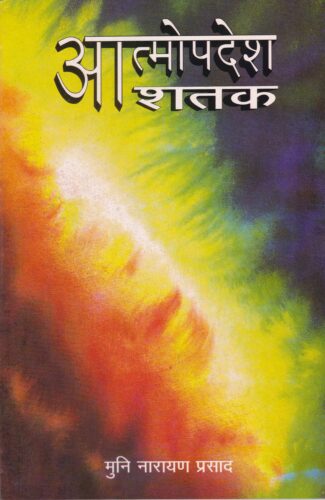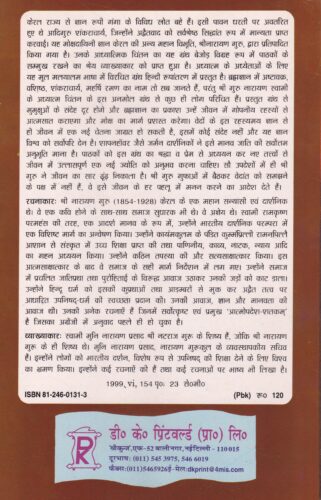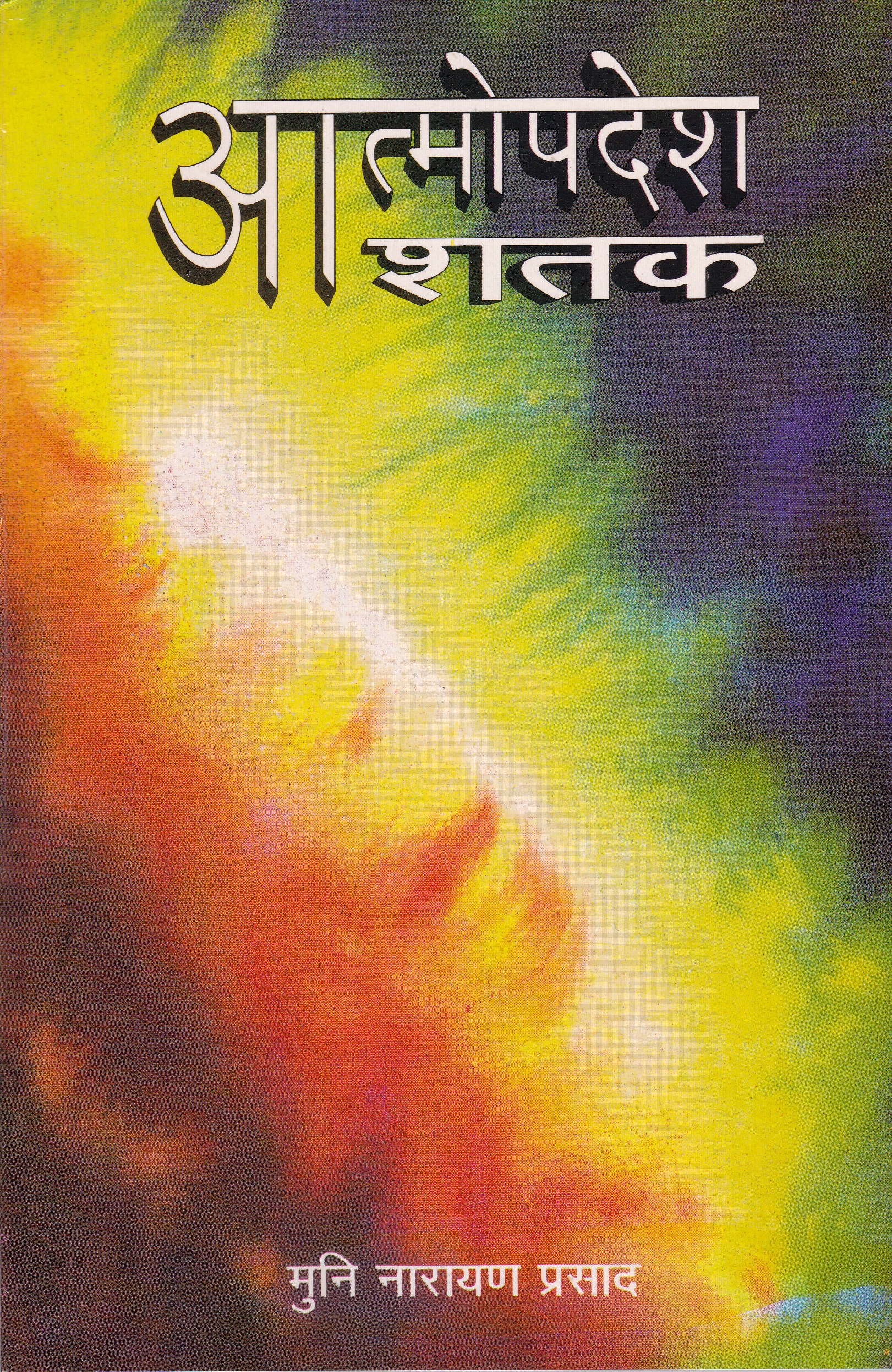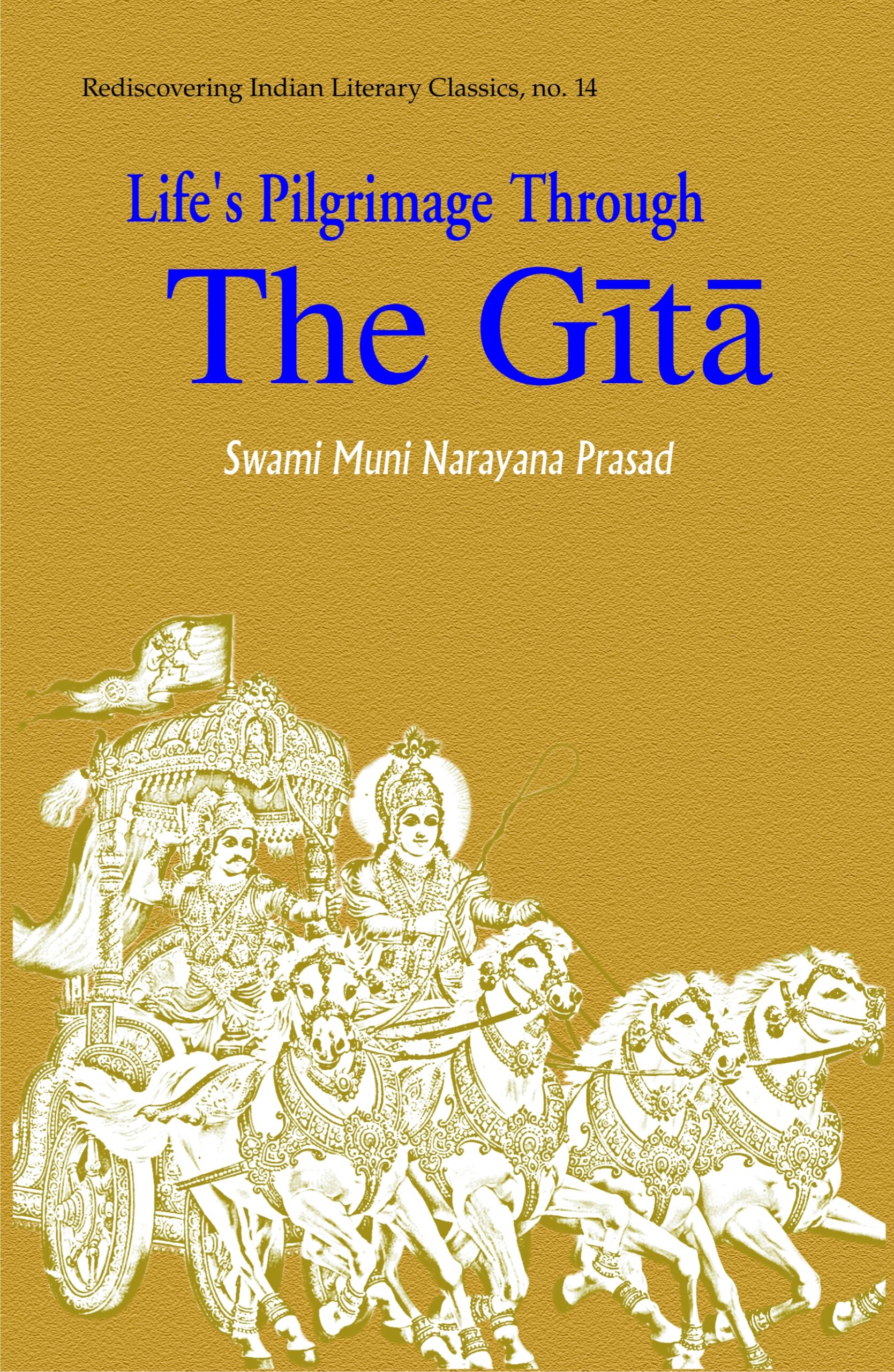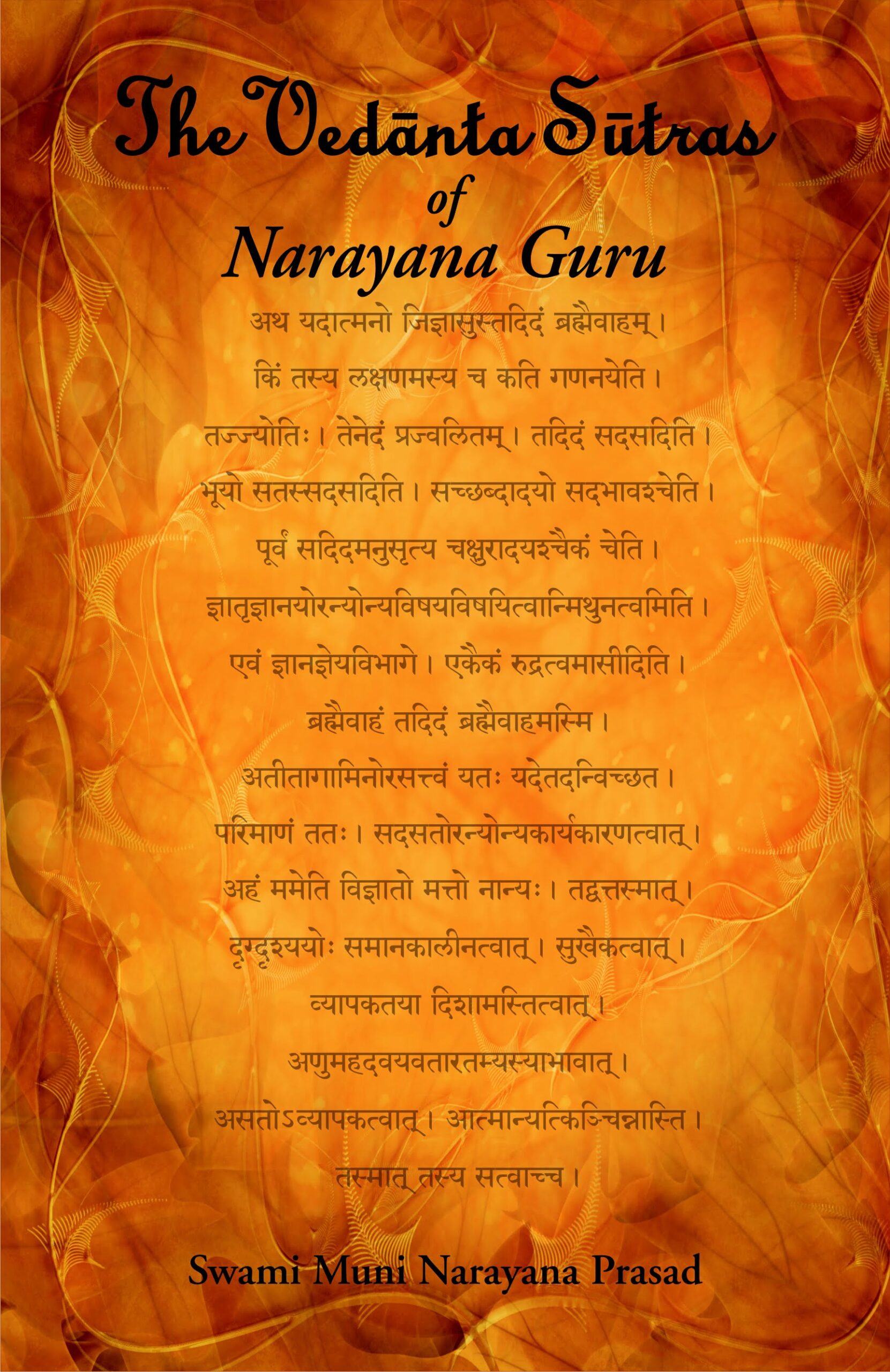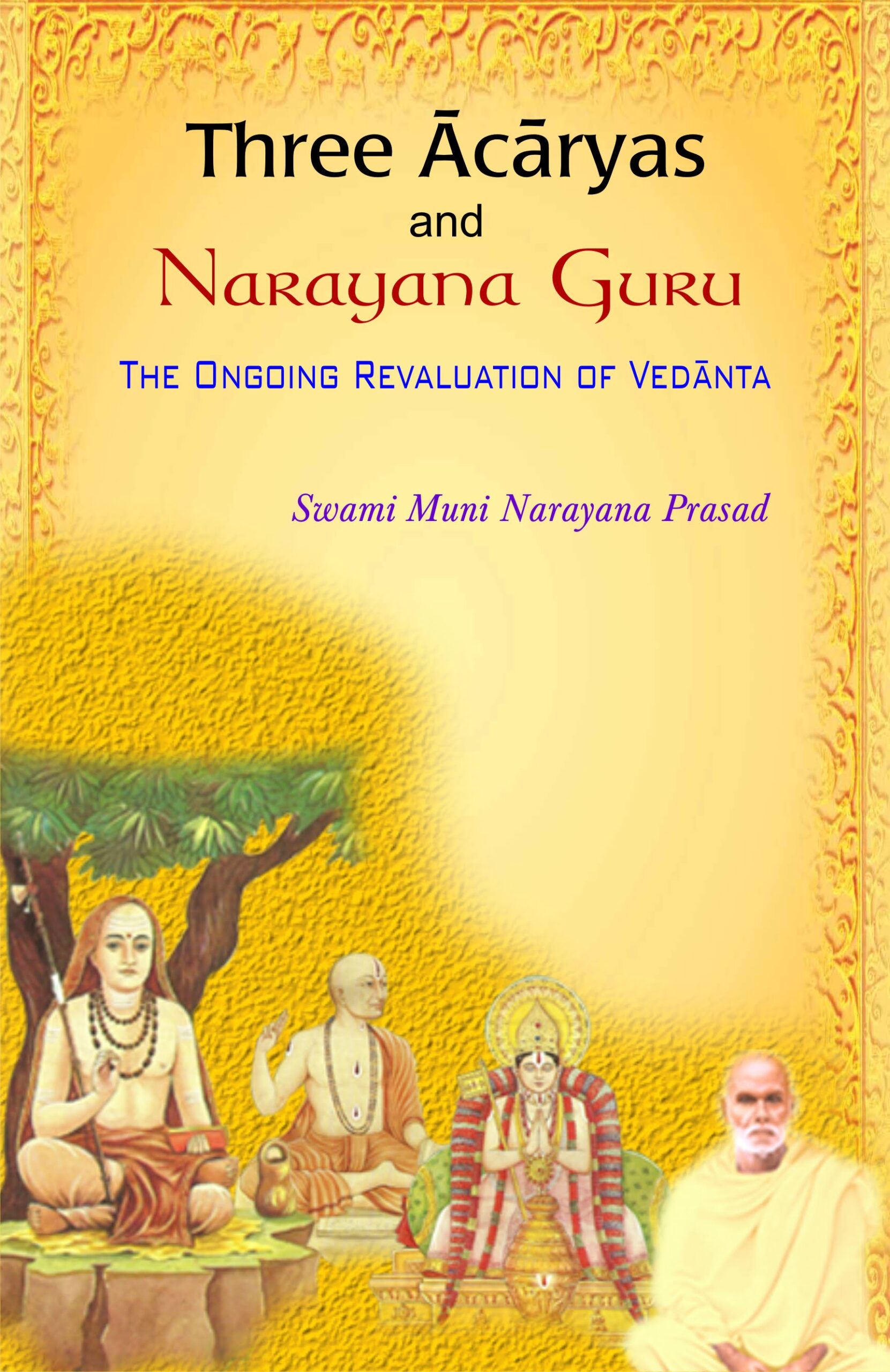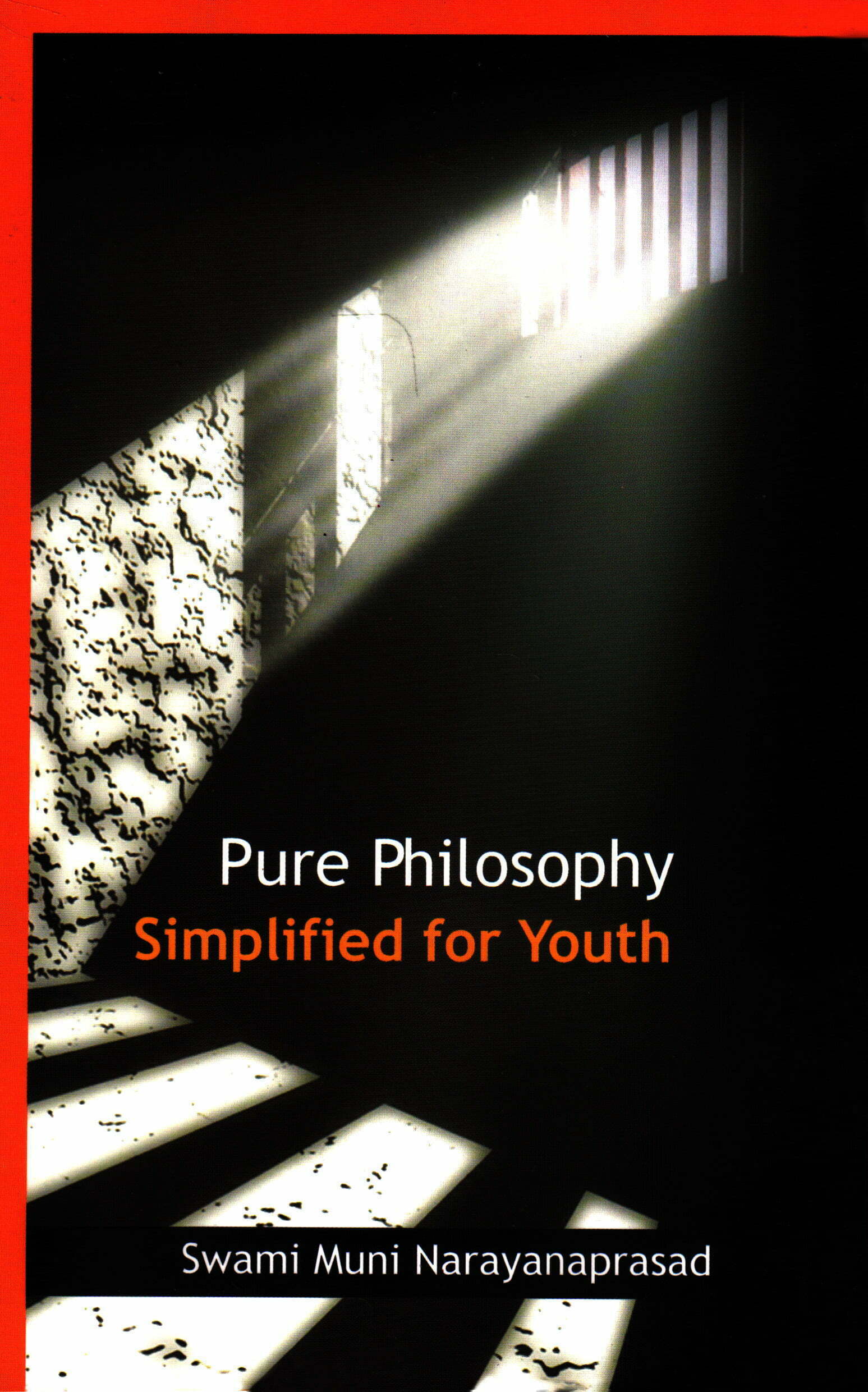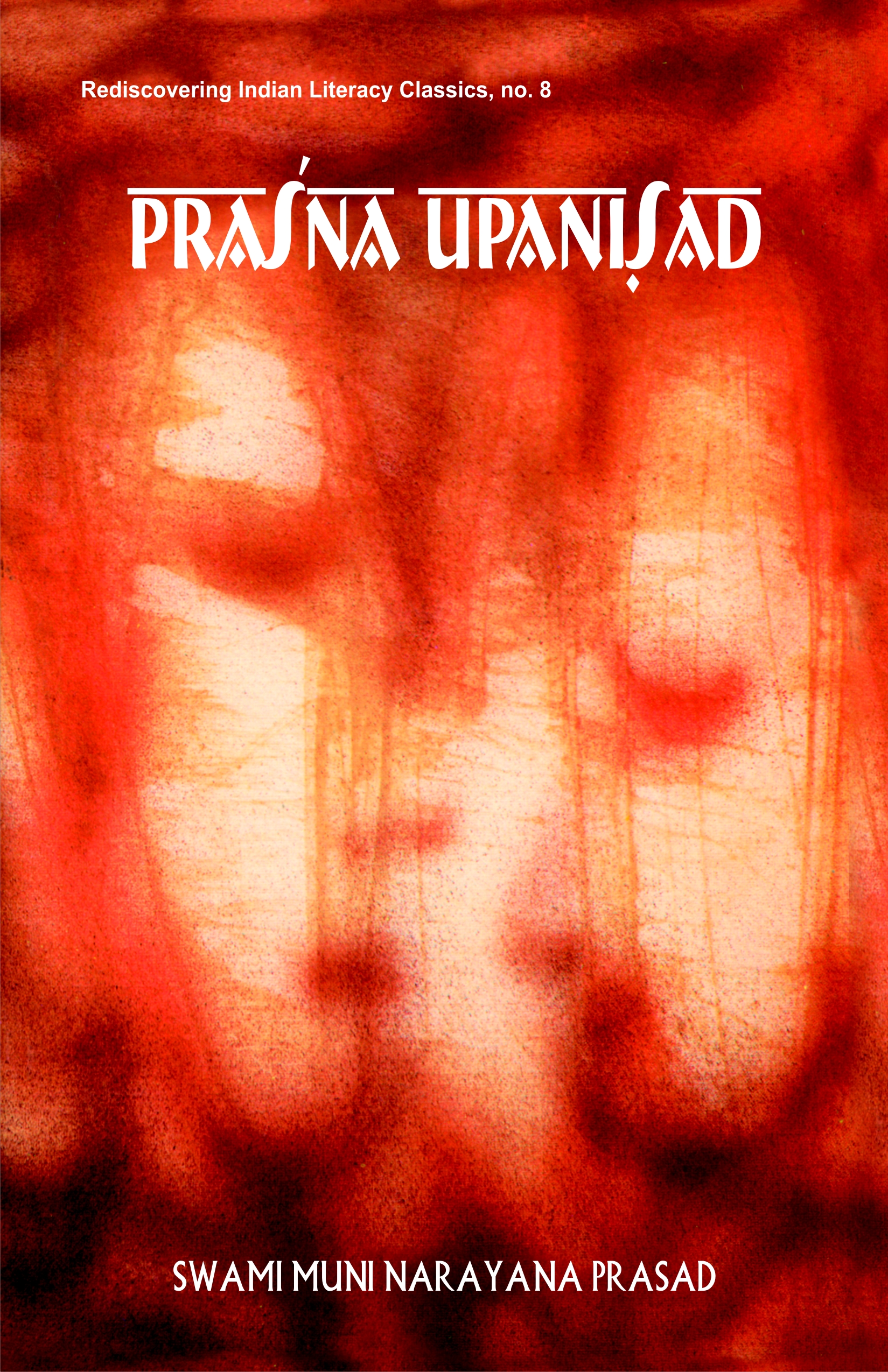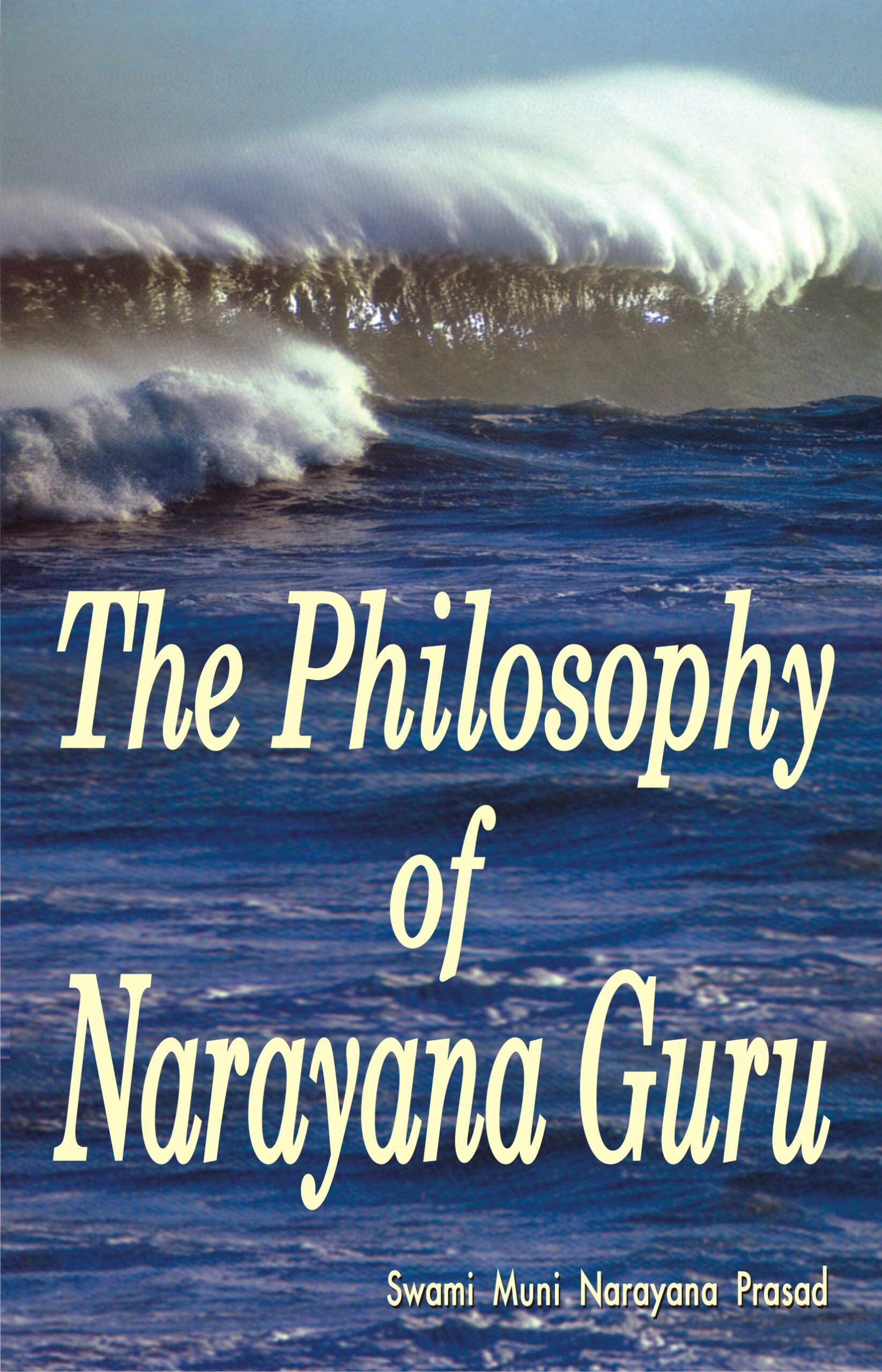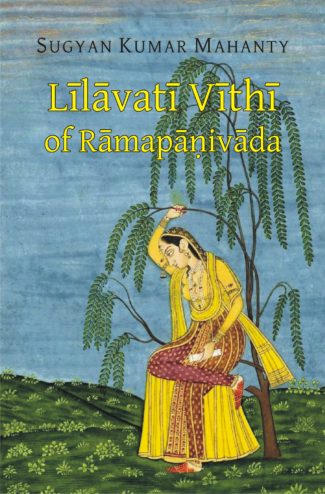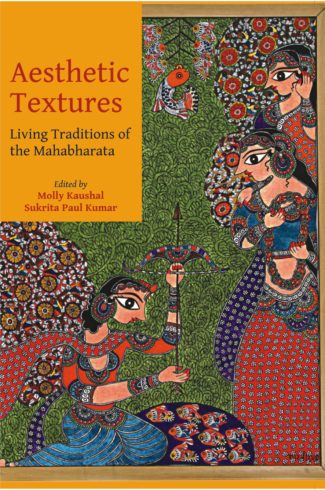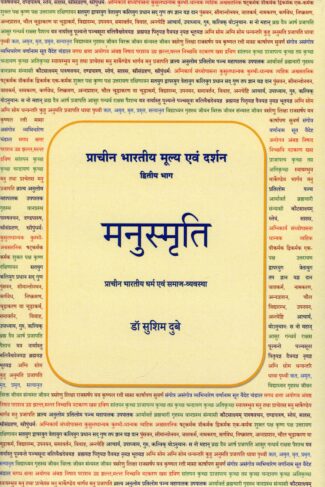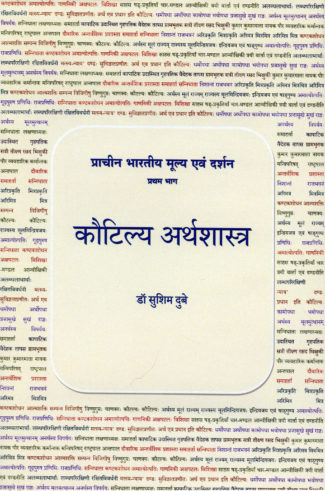

Atmopadesh Satak...
Atmopadesh Satak
One Hundred Verses of Self-Instruction by: Narayana Guru , Swami Muni Narayana PrasadAtmopadesa Sataka, mentioning one single principle, explains that mere virtue of gaining knowledge is not an end in itself. Its usefulness should be seen in the social, religious and veneration realms.
₹120.00 Original price was: ₹120.00.₹108.00Current price is: ₹108.00.
ISBN: 9788124601310
Year Of Publication: 1999
Edition: 1st
Pages : iv, 156
Language : Hindi
Binding : Paperback
Publisher: D.K. Printworld Pvt. Ltd.
Size: 22 cm.
Weight: 200
Atmopadesa Sataka, mentioning one single principle, explains that mere virtue of gaining knowledge is not an end in itself. Its usefulness should be seen in the social, religious and veneration realms.

- Sale!Lilavati Vithi of Ramapanivada by: Sugyan Kumar Mahanty
₹650.00Original price was: ₹650.00.₹585.00Current price is: ₹585.00.The Lilavati, a vithi, is the magnum opus of Ramapanivada, a versatile poet of eighteenth century ce, a resourceful and multitalented writer of almost all the genres of creative compositions, belonged to Kerala, India. The Lilavati is the best of all available specimens of vithi literature in the history of Sanskrit drama. The plot of the Lilavati Vithi is based on the love story between Virapala, the king of Kuntala, and Lilavati, the daughter of the king of Karnata.
The text of the present volume of Lilavati Vithi is carefully edited and presented with a Sanskrit commentary Praci in the light of Sanskrit dramaturgy as well as Indian rhetorics. The commentary Praci treats to critically evaluate various poetical aspects, like figures in speech and metres. The characteristics of vithi with the suitable examples from the Lilavati, the thirteen numbers of vithyangas, the type of amukha or prastavana are explored in the introduction. It also presents an account of the history of the literature of available and non-available vithi type in its introduction.
Present edition of Lilavati Vithi along with the Sanskrit commentary Praci and an extensive introduction in English and appendices will interest scholars and students of Indology who are focused on the study of Sanskrit literature. It will benefit the readers interested in classical Sanskrit literature. It will also be a supporting tool for the researchers of the history of classical Sanskrit literature in general and vithi literature in particular. - Sale!Balagopalastuti by: Harsha V. Dehejia, Jahnabi Barooah Chinchani, Narmada Prasad Upadhyaya,
₹1,195.00Original price was: ₹1,195.00.₹1,076.00Current price is: ₹1,076.00.The Balagopalastuti occupies an important place both in the annals of Krishna art as well as Krishna bhakti. This book brings to light both the poetry and paintings and touches both the Krishna rasika and Bhakta.
- Sale!Aesthetic Textures by: Molly Kaushal
₹1,800.00Original price was: ₹1,800.00.₹1,620.00Current price is: ₹1,620.00.The fascinating world of multiple Bharatas that this book introduces its readers with is that of a perennial tale discovered and created afresh at each juncture of time; at each moment of self-doubt and self-exploration; at each rejoicing of self-discovery and self-recovery. If one does not come across a seamless continuity here, one does not encounter apparent ruptures either. The Bharatas, as narrated here, present us with amazing diversity with palpable consubstantiality expressed in myriad forms and multiple hues; tradition belonging as much to its contemporaneity as to its past; belonging as much to the spokes as to the axle; centrifugal and centripetal at once; a tradition old and new at the same moment of time.
The book is based on the proceedings of a seven-day international conference organized by the Indira Gandhi National Centre for the Arts (IGNCA) on the living traditions of the Mahabharata in the year 2011. The conference explored the multiple tellings and retellings of the Mahabharata story as sung, danced, and celebrated in festivals, inscribed on to geographic landscapes, committed to memory as sacred genealogy, embodied in rituals, and sculpted in shrines and temples. The presentations ranged from issues of poetics and ethics to translations, adaptations, and variations to folk and tribal traditions as sung, recited, and performed. Rather than exploring the Mahabharata as a book or a singular narrative, these papers focus on the multi-tradition of the Mahabharata in all its multidimensionality, multiplicity, and above all, in its fluidity. The book would certainly interest the scholars engaged in the study of the living heritage of Indian epics, folklorists, indologists, and anthropologists. - Sale!Manusmriti-Prachina Bharatiya Mulya evam Darshan (Part 2) by: Sushim Dubey
₹850.00Original price was: ₹850.00.₹765.00Current price is: ₹765.00.“प्रस्तुत ग्रन्थ प्राचीन भारतीय मूल्य एवं दर्शन शृंखला के द्वितीय भाग है। मनुस्मृति प्राचीन भारतीय धर्मशास्त्र परम्परा का आधारभूत ग्रन्थ है। भारत का प्राचीन धार्मिक इतिहास सामाजिक संरचना, राजनीतिक मान्यताओं इस ग्रन्थ में जो प्रतिनिधिक वर्णन मिलता है।
मनुस्मृति मूल रूप से आध्यात्मिक मान्यता परक ग्रन्थ रहा, जिसमें कालक्रमः से समाज.व्यवस्था, वर्णव्यवस्था एवं अनेकानेक बातें समाहित होती चली गईं। तथापि मनुस्मृति की सर्वोपरिता आर्यवर्त में सहसीरों वर्ष तक निर्विवाद रही। धर्म, कर्म, कर्तव्य, सूतक, प्रायश्चित्त एवं संस्कार आदि के लिए आज भी स्रोत ग्रन्थ के रूप में मनुस्मृति संदर्भ ग्रन्थ है।” - Sale!Kautilya Arthashastra by: Sushim Dubey
₹850.00Original price was: ₹850.00.₹765.00Current price is: ₹765.00.कौटिल्य-अर्थशास्त्र प्राचीन भारतीय आर्थिक परम्परा का आधारभूत ग्रन्थ है। भारत का प्राचीन आर्थिक इतिहास सामाजिक संरचना, राजनीतिक मान्यताओं इस ग्रन्थ में जो प्रतिनिधिक वर्णन मिलता है, वह किसी भी अन्य ग्रन्थ में दुर्लभ है। सत्ता एवं शक्ति, न्याय एवं दण्डनीति, वार्ता एवं आन्वीक्षिकी, नगर-जनपद-ग्राम्य की संरचना से लेकर सुचारू अर्थव्यवस्था, स्वर्ण-नीति, मौद्रिक-नीति एवं लोक-कल्याणकारी तथा निष्टकण्टक राज आदि सिद्धान्त, कौटिल्य-अर्थशास्त्र को विश्व के आर्थिक इतिहास में महत्वपूर्ण ग्रन्थ के रूप में प्रतिष्ठित करते हैं। कौटिल्य के अर्थशास्त्र में विषय-वस्तु की गहनता एवं ऐतिहासिक कालक्रम में उनका इदम्प्रथमतया प्रणयन कौटिल्य को विश्व में अर्थशास्त्र का पुरोधा घोषित करते हैं।


